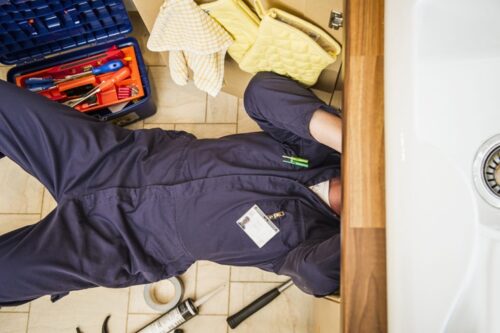
3.226.24 – Louisiana Illuminator – BY: GREG LAROSE
Skilled professionals who want to relocate or return to Louisiana could have a clearer path if a bill advanced from a state House committee Monday becomes law.
House Bill 716, by Rep. Charles “Chuck” Owen, R-Leesville, was approved in a 17-2 vote by the House Committee on Commerce. It would allow universal recognition of occupational licenses and certifications. Board-approved professionals from other states would be able to work in Louisiana as long as they’ve held their professional license for at least a year and are in good standing with the state they’re leaving.
The new rules would apply from trades ranging from florists to accountants.
In his presentation to the commerce, Owen referenced Gov. Jeff Landry’s inauguration speech in which he welcomed people who had left the state for better jobs to return. Louisiana has “one of the most onerous and complex licensing paradigms in the country,” Owen said.
“We have been hemorrhaging people for the last five or six years,” Owen said. “I live 17 miles from the Texas border, and there is a sucking sound moving toward the Sabine River. People are leaving Louisiana.”
The U.S. Census Bureau counted more than 4.65 million people in Louisiana as of 2020. Its estimate for July 2023 was 4.57 million.
In its current form, Owen’s proposal would still allow occupational boards to decide if someone’s out-of-state training and education passes muster with Louisiana’s licensing standards. A board would have to respond to an applicant within 60 days with approval or denial, which Owen said would address a long-standing complaint.
Persons with criminal records could also be turned down when applying for professional licensure in Louisiana, according to the bill.
Applicants would have to provide proof of residency in Louisiana, though some lawmakers suggested professionals actually be domiciled in the state. That led to a discussion on whether the proposal should apply to skilled personnel who only work in Louisiana seasonally, and if the new policy should only apply to people coming from states that reciprocally recognize Louisiana’s professional licenses.
The legislation would allow occupational boards to adhere to their existing reciprocation agreements, Owen said.
According to numbers Owen shared with the committee, Louisiana requires licensure in 77 out of 102 identified low- to moderate-income trades. That’s 23 more fields than the national average. Louisiana skilled workers also pay more in licensing fees than the U.S. average, he said.
From 1993 to 2012, the Louisiana Legislature approved more than 60 laws that added professional licensing and credentialing requirements, Owen said.
Four years ago, Owen sponsored a bill that allowed the state to recognize professional licensure that military spouses and dependents obtained from other states.
“I have not heard that the sky is falling,” Owen said.
If his bill is approved, Louisiana would join Arizona, Idaho, Iowa, Kansas, Missouri, Utah and Virginia as states that recognize universal occupational licenses.

Greg LaRose has covered news for more than 30 years in Louisiana. Before coming to the Louisiana Illuminator, he was the chief investigative reporter for WDSU-TV in New Orleans. He previously led the government and politics team for The Times-Picayune | NOLA.com, and was editor in chief at New Orleans CityBusiness. Greg’s other career stops include Tiger Rag, South Baton Rouge Journal, the Covington News Banner, Louisiana Radio Network and multiple radio stations.
Louisiana Illuminator is part of States Newsroom, the nation’s largest state-focused nonprofit news organization.
